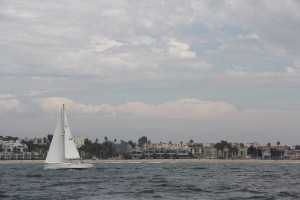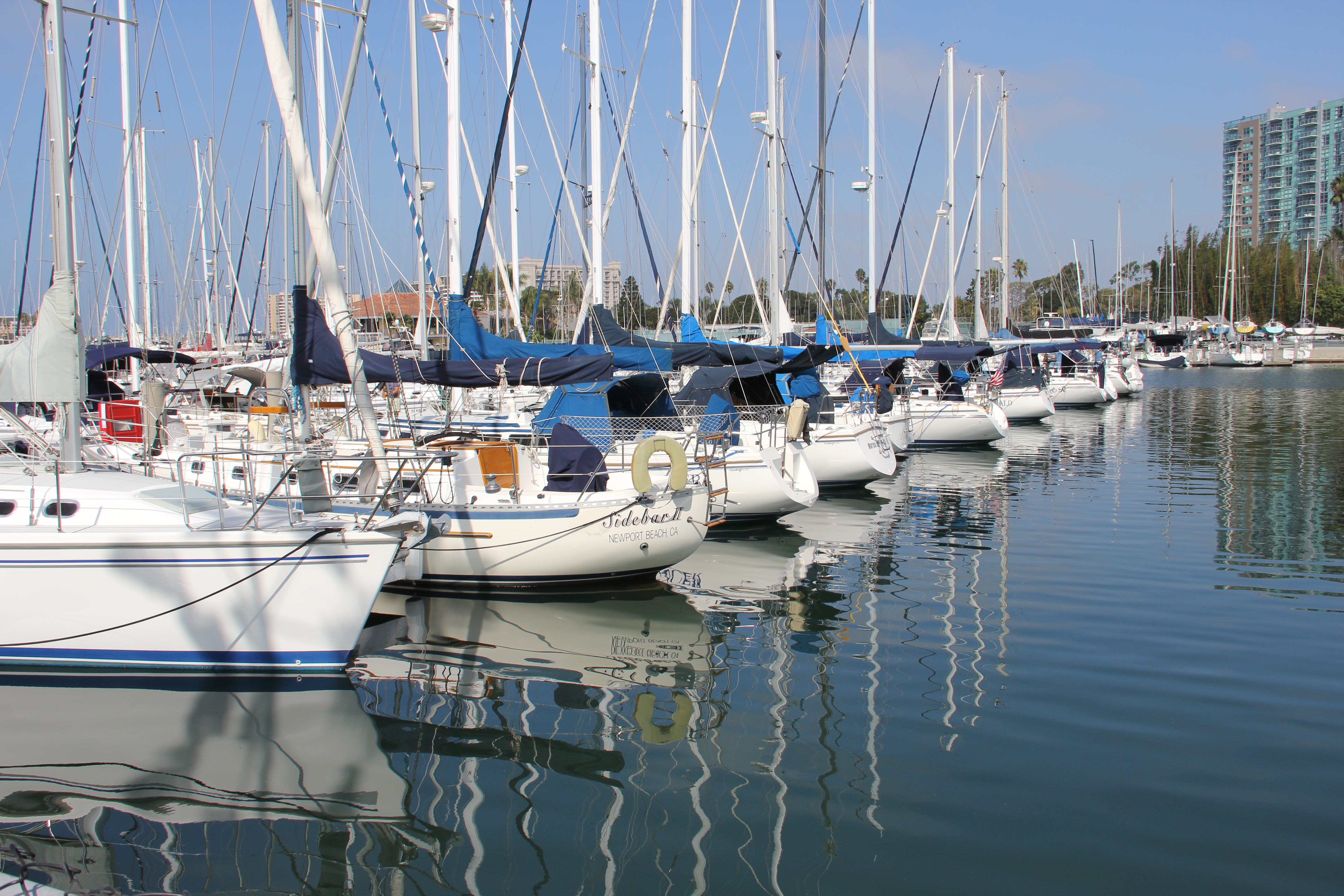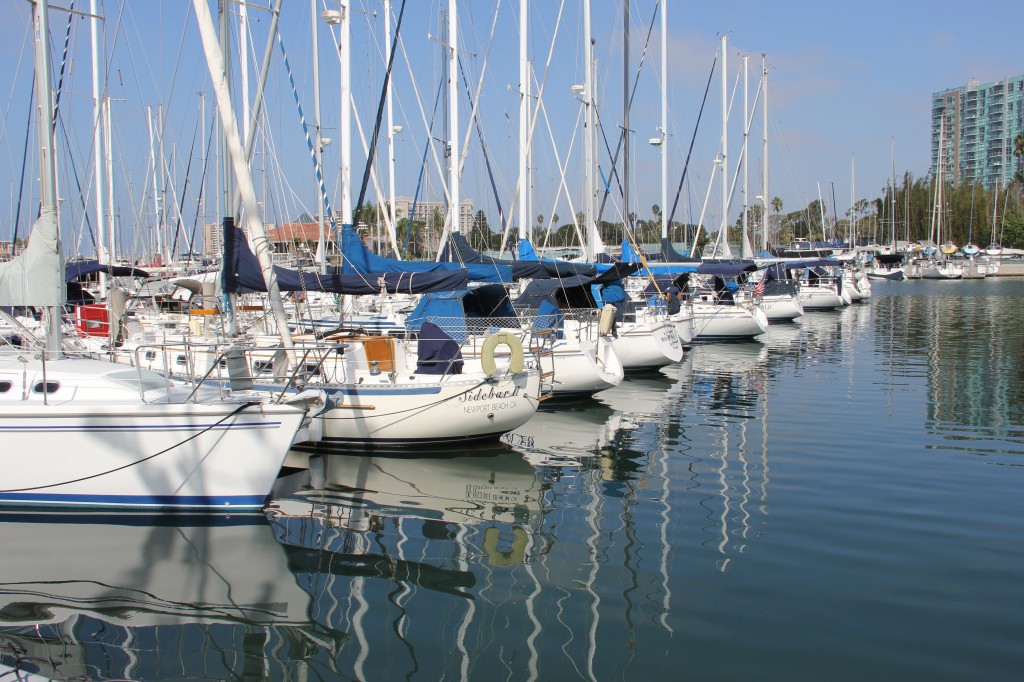Sailing, spring break cruises, whale-watching tours, and sunset boat rides, all have one thing in common- the ocean. For me, they all have another thing in common- sea sickness. See, I have a love/hate relationship with the ocean. I love marine life, fishing, surfing, and, well, sunbathing on top of a sailboat is pretty much the definition of perfection, but I get motion sickness with just about any movement. The tea cups at Disneyland = My personal hell.
Any time I’m stuck with motion sickness or sea sickness, I’m taken out of commission and it ruins my fun; it makes whale watching not about the whales but about me not puking on them. Since I know I am susceptible to getting sea sick, I have a set prevention routine that lets me do what I want without the headaches or stomach aches that I used to get.
 First of all, why does one get sea sick? Motion sickness and sea sickness happen when the inner ear and eyes send conflicting information to the brain. As we all know, this confusion can lead to headaches, upset stomach, dizziness, sweating and vomiting. No one wants to experience sea sickness, so try these simple tips to avoid it all together.
First of all, why does one get sea sick? Motion sickness and sea sickness happen when the inner ear and eyes send conflicting information to the brain. As we all know, this confusion can lead to headaches, upset stomach, dizziness, sweating and vomiting. No one wants to experience sea sickness, so try these simple tips to avoid it all together.
Six tips to avoid sea sickness:
- Start the night before by getting a good nights sleep and avoiding alcohol. That way you’re body will only have to fight off seasickness and not also fatigue.
- Be smart about what you eat. Consume non-greasy foods. Foods high in fiber (like apples or bran muffins) help keep your stomach settled.
- About an hour before you get on board, take non-drowsy Dramamine or Bonine pills. (Non-drowsy is key because fatigue can be confused as the onset of sea sickness.)
- On board, position yourself on the deck, with the wind blowing in your face. Try to fix your eyes on land or a stationary object.
- Drink plenty of water, but not too fast. Drinking water in slow small sips is best.
- Try a natural alternative like ginger pills or ginger drops, these help settle your stomach and minimize sea sickness symptoms. There are other homeopathic, over the counter medications such as TripEase, Motion Eaze and On the Move that have no reported side effects and can also be used if you have a headache.
With just a few adjustments, I am no longer scared of getting sea sick. While it can still happen, by following these basic steps, I feel confident that I have done everything I can do to avoid sea sickness. Do you have any tricks or tips to fight off sea sickness? Please share in the comments below!
Travel Tip: On longer rides, including Ferries, Seasickness can be more difficult to combat. If you are traveling through the Mediterranean islands and know you have a history of seasickness, you might consider flights to Menorca or Sicily.




